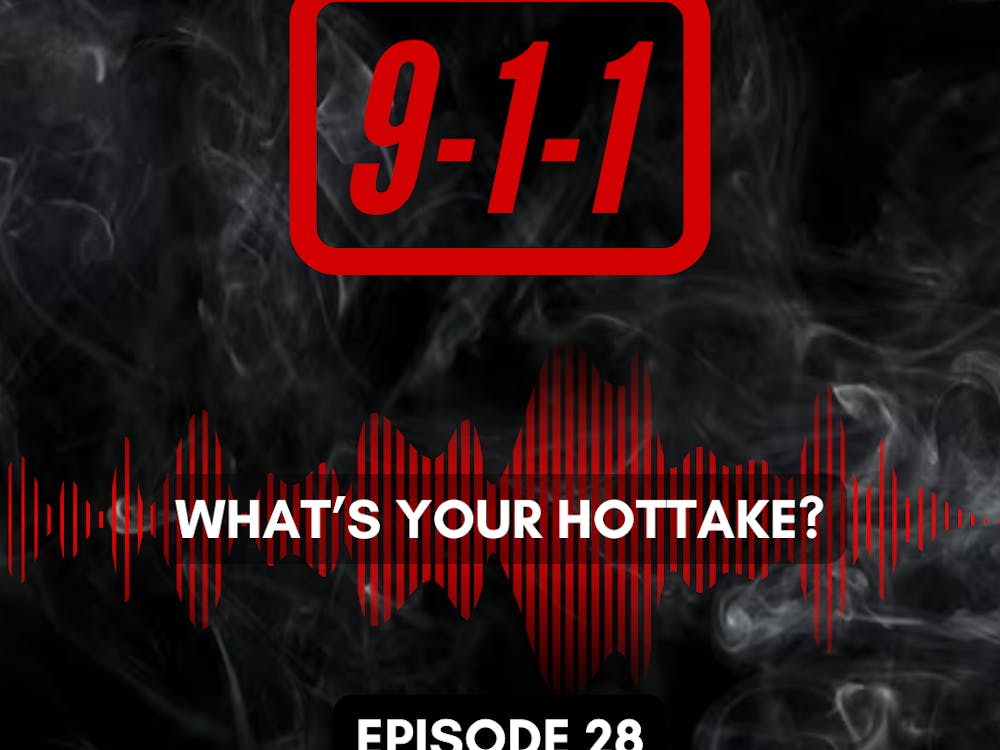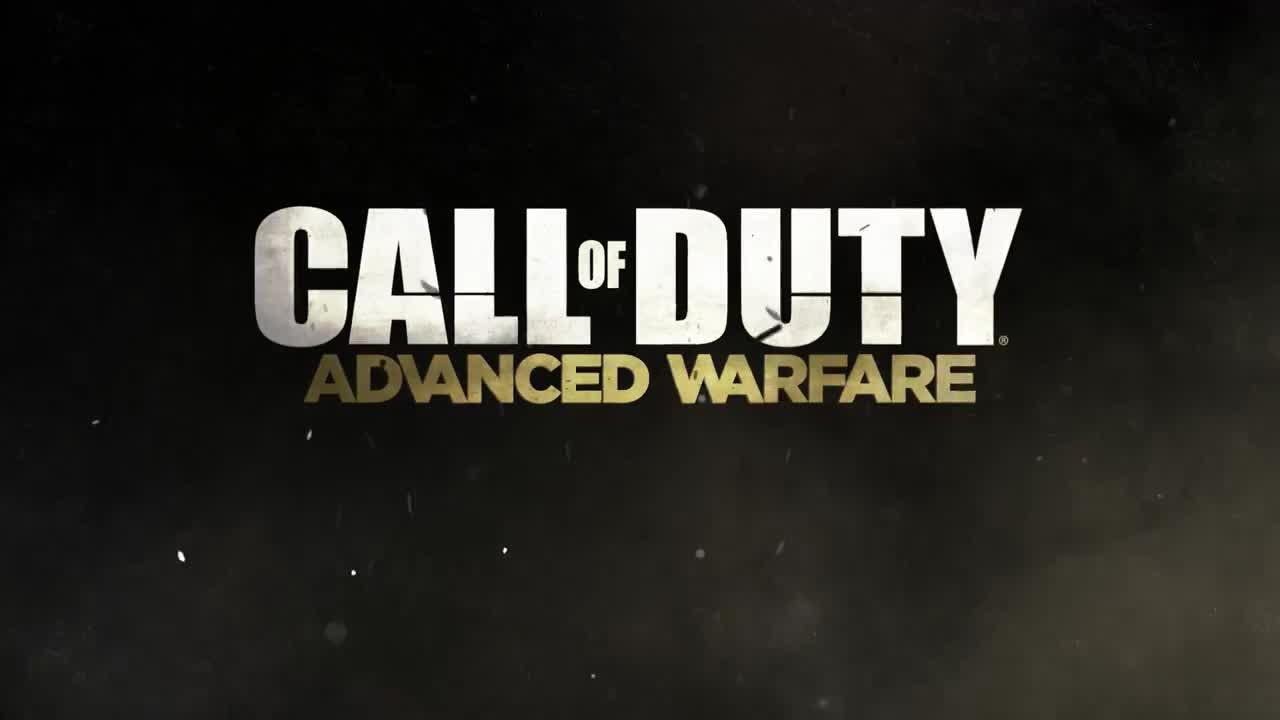by Joseph Knoop
As a single-player fanatic in the world of first-person shooters, I’m a dying breed. In no series is this more evident than Call of Duty. With the arrival of the Modern Warfare installments, developer Infinity Ward managed to revitalize some semblance of originality in the series, putting a laser-focus on modern weaponry and engagingly cheesy, yet grounded characters like Gaz and Captain Price, the series was poised to keep its genre firing on all cylinders.
So what happened? Between co-founders Jason West and Vince Zampella leaving the studio to form Respawn Entertainment and yearly installments handled (or bungled) by multiple studios playing hot potato with the series, it’s safe to say that Call of Duty has gone down in history, but for the wrong reasons.
Make no mistakes, Call of Duty:Ghosts, critically derided by a majority of publications, was a huge step down for the series. With little innovation in a series known for minimal refinement, the franchise finally looked like it was on the decline.
Yet here we are, a year later, and once again salivating over the latest (well, only) Call of Duty footage, titled “Advanced Warfare.”
So, with a fresh coat of paint and something of a focus on current consoles (there will still be last-gen versions, apparently), what can the series do to stay alive, much less ahead of other shooters?
The Small Moments
It may surprise recent adopters, but the Call of Duty franchise was once known for semi-intelligent writing and visual direction. Who can ever forget the painfully quick, dirty look at an unnamed Middle Eastern nation through its soon-to-be dead president, bound and transported as his people are slaughtered en masse.
And that was just a credits sequence.
No sooner than Modern Warfare 2 were we treated to a fist-pumping show of bravado and flag waving. As honorable as patriotism can be, it’s hard to swallow the idea that the U.S. could be invaded by Russians because of a radar error. We just had to accept the idea of rolling down a suburb street in an Abrams tank while ultranationalists were still parachuting in.
But for every fallacy it committed, the series wasn’t without its smaller moments; chiefly, the Pripyat stealth mission, infamous for its stark, quiet depiction of the ruined city. Not only that, but it gave birth to one of the most tense moments in the series’ history, as a young Captain Price narrowly avoided an enemy patrol by slinking through the grass. Or watching an American soldier succumb to the power of radioactive fallout.
And that’s precisely what Advanced Warfare needs, despite being a game about giant industrial militaries, robotic suits, and futuristic tech. We’ve done big; White House sieges, city-stopping EMP blasts, and enough helicopter crashes to shame a Michael Bay flick.
And how do they do that? It’s the simplest storytelling mechanic yet: Make it meaningful. Ghosts suffered for these kinds of moments the most. Watching a comrade knife an unsuspecting enemy through the throat means nothing if we’re just sitting back, twiddling our thumbs. Defeat this by putting us in the action, in the heart of the story.
Big Playgrounds
There’s a reason Modern Warfare 2, despite being adored less critically, managed to reach even higher sales numbers than its predecessor.
Missions, much like set pieces, were allowed to grow into vast playgrounds of destruction, providing players with numerous opportunities. Whether it was sneaking through an enemy base during a blizzard, using nothing but radar and quick wits, or holding off a counterattack in a forest lodge.
Modern Warfare 3 suffered incredibly because of this, and Ghosts fared no better. Missions that could have been vast and varied in their routes were instead handled with an invisible hand. Don’t go too far or else the magic eyes of a thousand unseen guards will ruin your day. How amazing would it have been to sneak all the way through an enemy base as Riley, complete with a few quick throats to tear out? Instead we get a very implied path, and little room to fail or experiment. MW2’s snowy base allowed players to screw up. It meant the battle became a lot harder, but it wasn’t game over, as any action hero would assert. Giving players a reason to come back reinforces your game’s lifespan, so why let it sputter out?
Advanced Warfare will need these big playgrounds if it wants to keep the series feeling fresh. Let’s not split hairs here, the game is taking notes from Titanfall’s incredible integration of free running and verticality...at least, we hope. It’d be a shame to relegate those fancy mechanized bits of armor to scripted sequences or tight hallways. If you’re going to tease newer, more mobile tech, you’d better give us the opportunity to break it in.
It Builds Character
Nothing infuriates me more than a character whose motivation makes no sense. Not only does it detract from the thrill of the moment, it sours the entire backlog of experiences leading up to what should have been a pivotal moment.
Call of Duty is, if nothing else, great at cooking up nonsensical motivations for its villains and sidecharacters. Beginning with Makarov, someone who just happened to rise to power without Zakhaev’s watchful eyes, Black Op’s rent-a-Russian Dragovich, and Ghosts’ seemingly inconsolable old man with a vengeance plan Rorke.
These characters, despite being menacing on a moment-to-moment basis, lacked any depth, effectively neutering their overall threat.
Makarov, introduced as “the guy that even Zakhaev was iffy about,” was hardly present in Modern Warfare 2, providing back-up in “No Russian” and a few radio transmissions. The few moments actually provided to him are relatively engaging. Voice actor Roman Varshevsky has a captivating skillset, giving a snake-like presence to Makarov, and the demeanor to back it up. Infinity Ward managed to cram his entire backstory into a few minutes of convenient flashback via former ultranationalist and eventual player-character Yuri Gagarin.
Ghosts’ antagonist, Rorke, was just a joke. Not only was an initial motivation to hate his former comrades flimsy (they had to leave him behind or die themselves), but the torture he suffered after served as a convenient excuse to pardon any inconsistencies with “brainwashing!”
Advanced Warfare, featuring the brilliant Kevin Spacey, will need to provide a much higher level of character motivation to sustain any energy in its undoubtedly high-action scenarios. Spacey, as the leader of the Atlas private military corporation, is ripe for moral gray areas. He obviously advocates a much less philanthropic approach to national security than most, but the best villains (or even heroes) think they’re the heroes.
On the player side of things, Sledgehammer will need to give us a compelling supporting cast. We’ve seen a handful of characters sporting the mechanized armor, so go the route of Deus Ex: Human Revolution. Get characters questioning their humanity. Are they more machine than man? Works of art like Heart of Darkness prove that humanity is a questionable concept during war, how much more so when you’re lugging around half a robot on you?
Common Sense
The Call of Duty series needs some major jumpstarts if it wants to re-engage players. Sure, there will always be an installed base of fans that will drool over the same formula, but if internet comments are anything to go by, they have no problem jumping ship to a better product. Will it take a Titanfall sequel, with its inevitable gameplay and (potential) story refinements to knock the king off the throne? Or will some other franchise come along eventually?
It’s not a matter of if, but rather when, and as common sense dictates, you don’t grow if you aren’t willing to change.






















